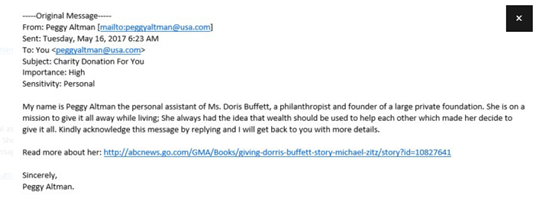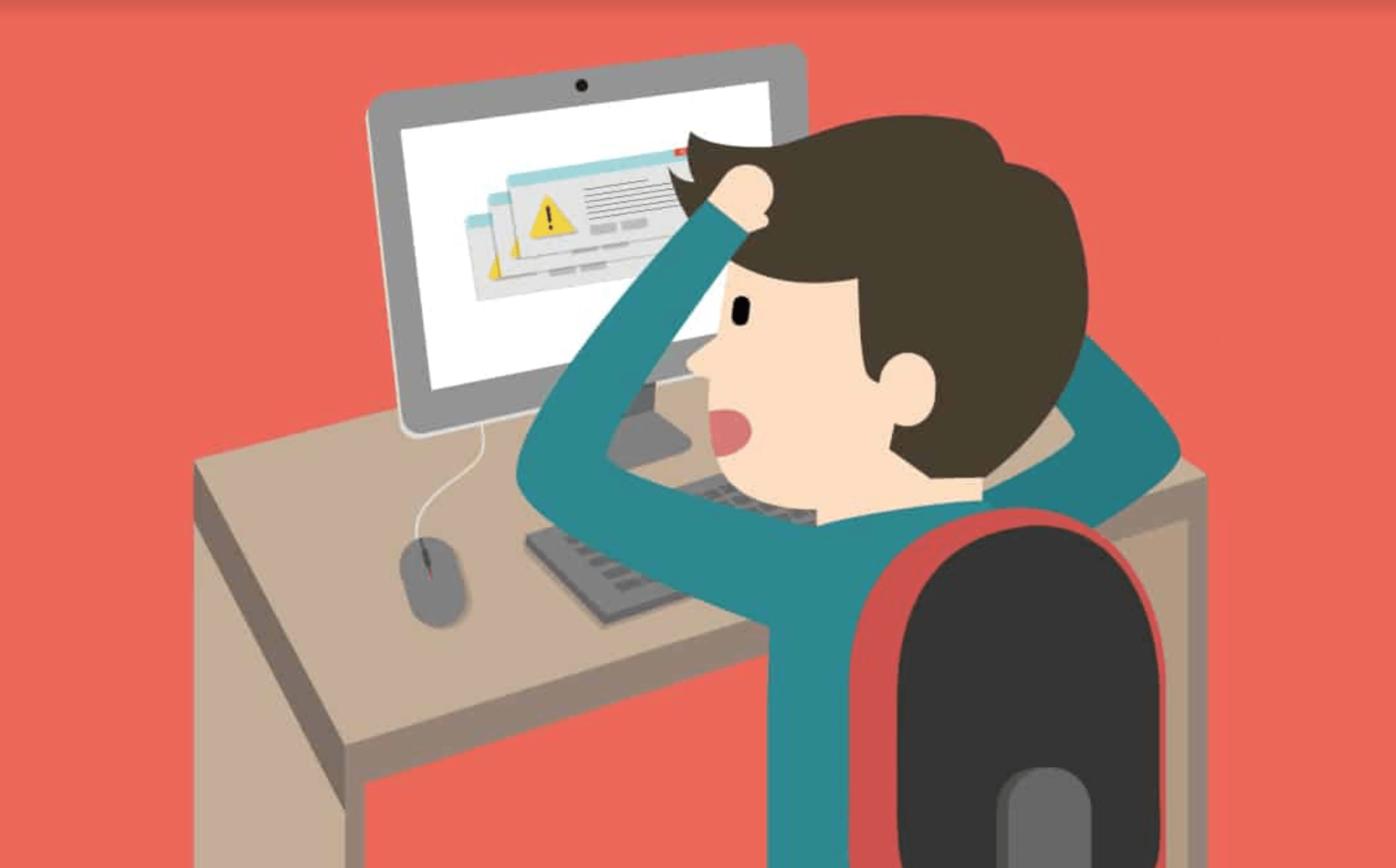The internet is quite likely to be one of humanity’s greatest inventions. It is a nearly infinite source of knowledge and with the development of smart devices, the entire catalogue of humanity’s discoveries can be accessed with just a touch of the finger.
Unfortunately, all of this freedom has now come without a cost. With the pseudo anonymity offered by the internet, the darker parts of the world wide web have become a wretched hive of scum and villainy.
Thankfully, most folks are relatively tech-literate nowadays which has made it all the more difficult for them to fall prey to scam artists or hackers. This does not mean that online security hygiene should be taken for granted as many tech criminals have evolved to become increasingly sophisticated in order to keep up with their victims.
We’ve seen examples of extremely convincing phishing emails that compel victims to furnish sensitive information such as bank account details and passwords. With all of that in mind, we’ve put together a simple security guide that will help you stay safe online.
1. If It’s Too Good to Be True – It Likely Is
Let’s face the facts, life isn’t a fairy tale and oftentimes, when something sounds simply too awesome to believe – it’s highly likely that it is.
Human greed is a powerful thing and scammers often make use of this to trick their victims. For example, the Nigerian prince scam that promised millions of dollars in return for some assistance while painfully obvious, is still swindling hapless victims to this day.

Nowadays, scammers have become more sophisticated which attempts to trick victims by using the name of a real person to add an air of legitimacy. Hence always remember to double check any email or message that sounds simple to good to be true.
2. Regularly Change Your Passwords
Passwords can be a real pain to manage – you need a capital letter, multiple alphabets, a symbol, numbers and it has to be longer than 8 words. While all of this sounds like a massive hassle, these measures have been taken to make passwords even more difficult to crack.
Some hackers utilize brute-force attacks i.e. using a specialized tool to systematically submit as many passwords or passphrases with the hopes of guessing the correct combination.
Fortunately, security protocols that limit the number of login attempts and warning systems that notify administrators in the event of a certain number of failed logins have rendered most brute-force attacks obsolete.
This doesn’t mean that you can forget about password security, in fact given that most of us are guilty of using the same few passwords for social media, email accounts and online banking which is a major security risk.
Hence consider regularly changing your passwords every 3 months whilst switching between different passwords for both social media and banking. This will make it significantly more difficult for a hacker to access all of your accounts.
3. Minimize Your Social Media Presence
Social media has allowed all of us to become more interconnected than ever before which is both bad and good. Oftentimes many of us make the mistake of inviting strangers into our lives by sharing every single moment and picture on social media for all to see.
Whether holidaying overseas or having a bad day at work, most folks are apt to immediately take to social media. All of this information shared can be potentially used against an individual in the near future.
Given the less than professional attitudes of some employers, keeping the more private aspects of your life off social media ensures that your career prospects wouldn’t be hurt/damaged in any manner. Besides employers, there are thousands of perverts and identity thieves who would love to misuse any photos or personal information that you may have inadvertently shared online.
4. Use Secure Wi-Fi Connections
It should be said more often that free Wi-Fi can be akin to a fly trap that catches the unsuspecting. Whether you’re at the airport or your local cafe, avoid using the free Wi-Fi if possible. They might advertise it as being faster than a Kentucky Derby odds horse, but speed isn’t everything if you are not browsing safely.
If you need to perform some banking transactions or send a few work emails – stick with your phone’s data connection and avoid free Wi-Fi no matter what.
Free Wi-Fi connections are a haven for cyber criminals looking to gain access to sensitive information which is what makes them so dangerous.
Ideally, make use of secure Wi-Fi connections such as those at home or at your workplace. If you absolutely have to connect to an unsecure connection, use a VPN or Virtual Private Network to protect yourself.
With literally hundreds of thousands of con artists, scammers and hackers all looking to profit off of the carelessness and greed of victims, one can simply never be too careful.
By practicing a secure web browsing and keeping
a lookout on your privacy, you’ll be able to stay safe and anonymous.


